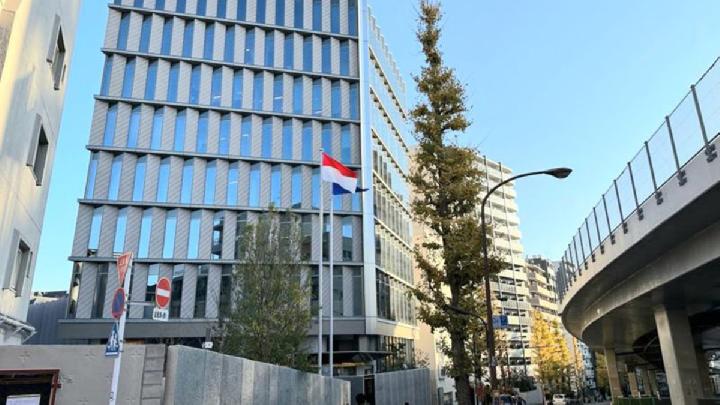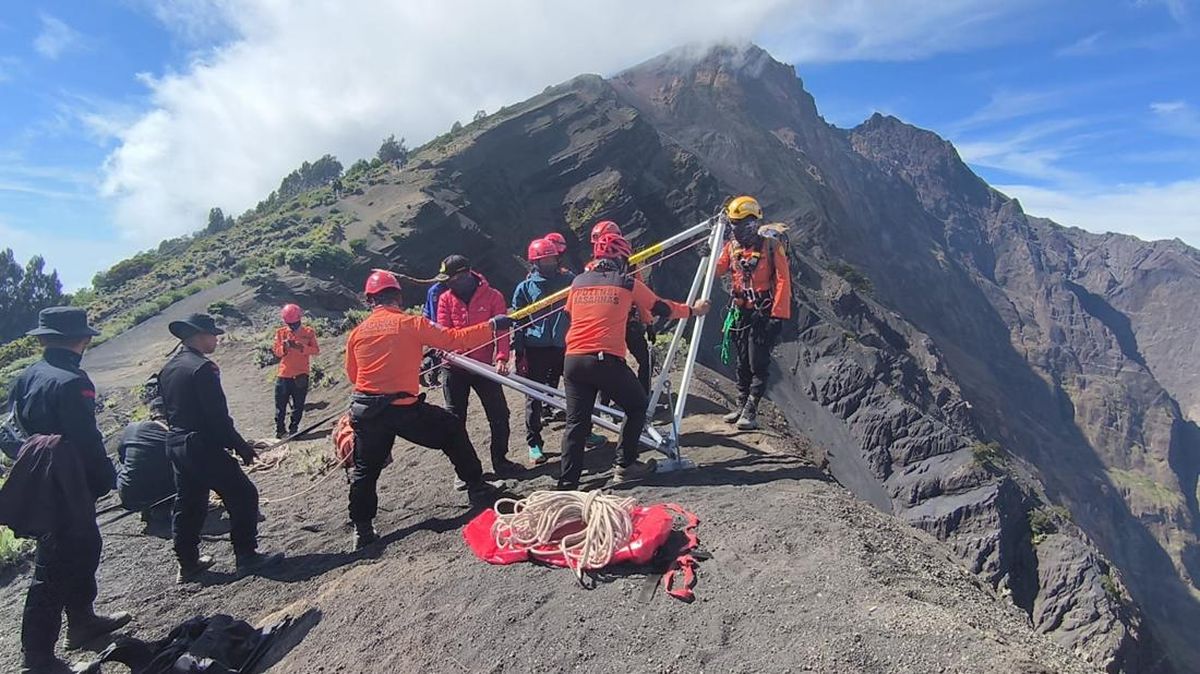Ammar Al Chalabi is professor of neurology and complex disease genetics at King's College London and director of the KCL MND Research Centre
The news that England rugby legend and World Cup winner Lewis Moody has been diagnosed with motor neurone disease (MND) at the age of 47 is a tragic reminder of the seemingly indiscriminate nature of this incurable condition.
And it raises further questions about the potential role of certain sports in the development of the disease – fellow union player and Scottish international Doddie Weir died from it in November 2022, as did England rugby league star Rob Burrow in June 2024.
As things stand, we cannot say for certain that regularly playing rugby - or any other sport – as a professional or simply with friends at the weekend causes MND.
It may seem from the headlines that there is an obvious heightened risk.
But the fact is, one in 300 of us will get this destructive and irreversible illness (MND kills a third of people within a year and more than half within two years of diagnosis) - it’s just that most cases never make the media spotlight.
And the research results are mixed; some studies, for example, suggest professional footballers may also be more likely to develop MND (up to six times more likely according to some research) than the general population.
England rugby legend Lewis Moody has been diagnosed with motor neurone disease at the age of just 47, announcing the news with his wife Annie on the BBC on Monday morning
Moody was one of England's 2003 World Cup winners under head coach Sir Clive Woodward
Moody was a titan of a rugby player, a no-nonsense back-rower who took no prisoners and represented his country 71 times before retiring in 2012
But others have found no such association. These mixed results are likely due to the fact that these are small studies involving too few participants to produce robust findings.
My colleagues and I at King’s College London – alongside fellow researchers in Italy – hope to address this with the biggest study of its kind, which is currently underway and looking at data on MND rates among thousands of professional footballers going back at least 80 years or so.
We hope to have some solid answers in the next couple of years, yet that won’t necessarily prove that sport causes the condition.
We already know, for example, that around 20 per cent of MND cases have a genetic element. Then there’s the question of how rugby or football, if they do raise the risk, would actually trigger MND.
Much of the current focus is on head injuries or, in the case of football, heading the ball. There’s no doubt that, when you look at brain tissue under a microscope, there are similarities between traumatic brain injury and the damage done by MND.
Yet there’s no indication that boxers suffer higher rates of MND – despite the repeated blows to the head that they endure.
So what else could it be?
Another possibility is exposure to pesticides used on grass pitches. A 2022 study of more than 300 MND patients from New Zealand, published in the journal Occupational and Environmental Medicine, found pesticides were linked with a 70 per cent increase in risk. But then, so was exposure to petrol or diesel fumes.
Scotland hero Doddie Weir was another to be tragically struck down by MND, and passed away in 2022 at the age of 52
Rob Burrow (left), a rugby league star, also suffered from MND and was bravely supported by his close friend Kevin Sinfield (right)
Or it may be that, as extreme athletes, professional sports men and women generate such intense levels of body heat that it can somehow damage the nerves that control movement.
MND is an enormously complex puzzle and my worry is that jumping to conclusions about links with professional sport will do more harm than good if it deters the rest of us from taking regular exercise.
We know that physical activity is a great way to lower our chances of getting heart disease and cancer – the likelihood of getting MND from it is still unproven and, even if real, considerably smaller.
Professor Al-Chalabi was talking to PAT HAGAN

 3 hours ago
10
3 hours ago
10

















































